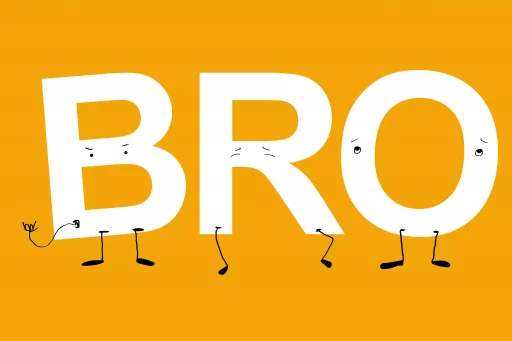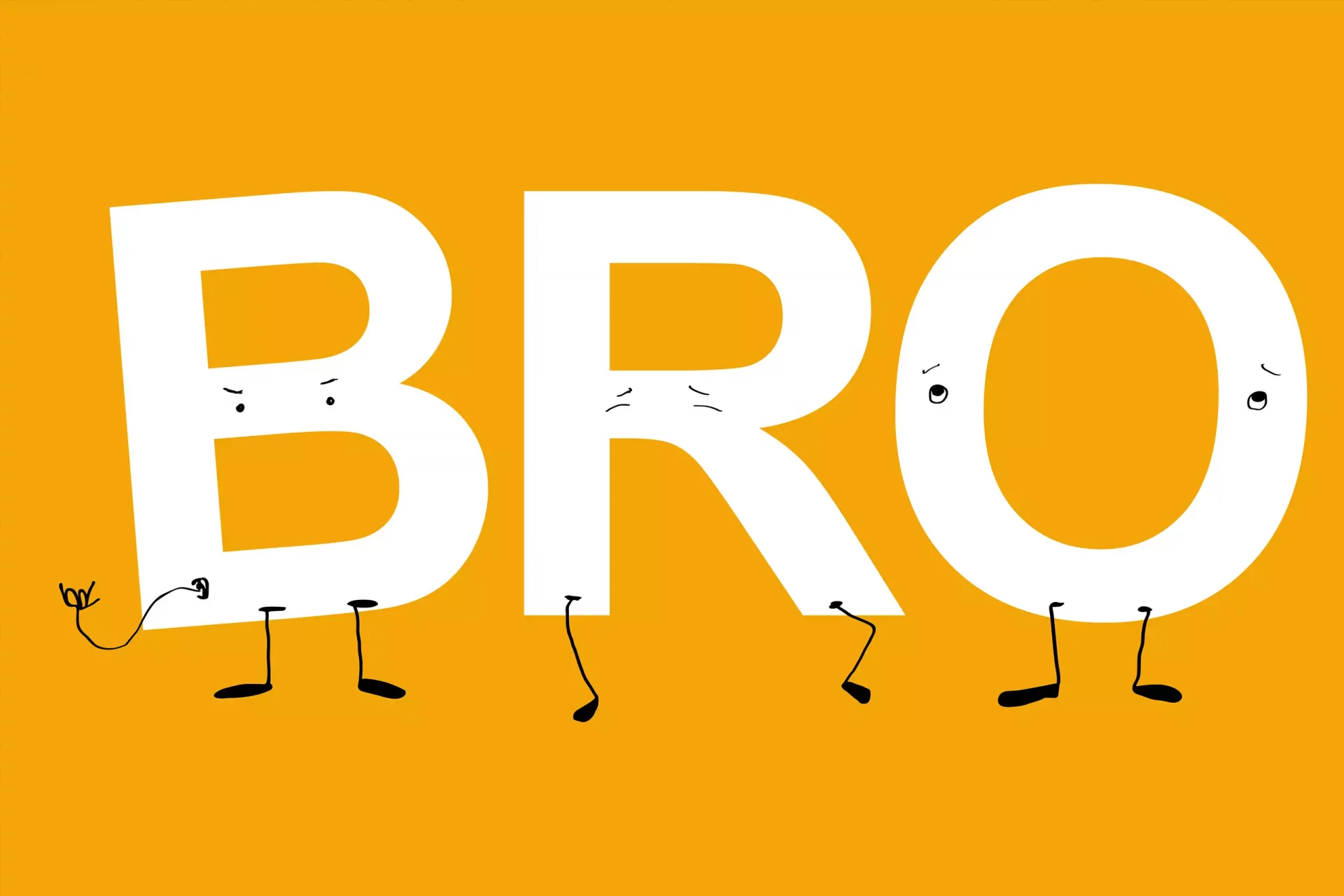Introduction to Slang: RBF
With the advent of digital communication, our world has seen an explosion of new, shorthand languages that are often referred to as ‘slang’. This creates a unique, complex, and ever-evolving language within a language. One such term from this catalogue of colloquial vernacular that has gained wide popularity is ‘RBF’.
Understanding RBF
The term ‘RBF’ is an acronym that stands for ‘Resting Bitch Face’. It is used to define a facial expression (or lack thereof) which unintentionally appears annoyed, irritated, or contemptuous. The phrase is often associated with a neutral or non-expressive face that seems to convey a degree of annoyance or displeasure without the person feeling that way.
The Origin of RBF
The term RBF seemingly originated in the world of social media around 2013. Within a short span, it caught the popular imagination and began appearing in various memes, YouTube videos, and Instagram posts; often in a humorous or lighthearted context. The phrase became so prevalent that it was added to the Oxford Dictionary Online in 2015.
RBF and Gender Bias
It’s important to note a gender bias associated with the term RBF. Studies indicate that women are more often associated with RBF, perpetuating harmful stereotypes about women’s supposed need to be consistently cheerful or pleasant. This association has sparked conversations about societal expectations of femininity and emotiveness in women.
RBF in Pop Culture
RBF has become a recurrent theme in popular culture. It has been embraced by several celebrities, including Kristen Stewart and Anna Kendrick, both of whom have discussed their ‘RBF’ as a part of their public persona. Its pervasiveness has led to several online discussions, comic skits, and even merchandise based on the concept.
Summary
RBF, or ‘Resting Bitch Face’, is a term born out of digital communication and social media. Despite its humorous origin, it carries significant implications regarding societal expectations, particularly gender biases. Its continuous presence in pop culture signifies the impact of alternative languages birthed through digital communication.


